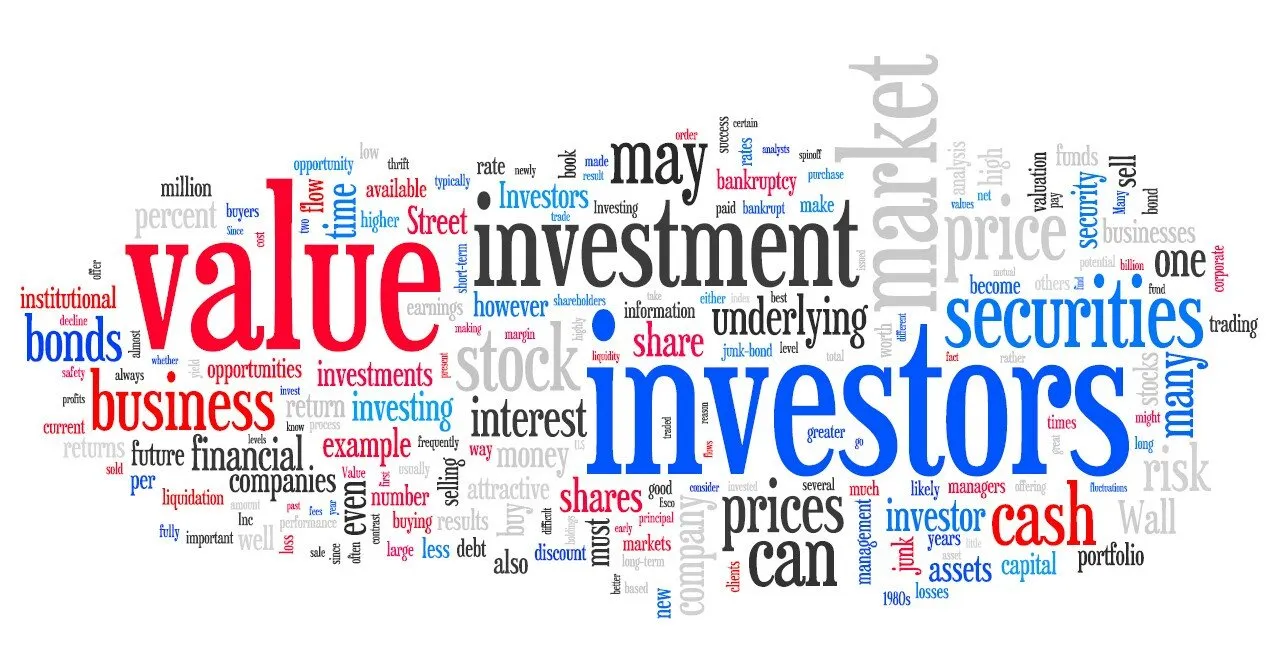What are we actually buying when we purchase shares? If we buy shares in the Commonwealth Bank we become a part owner of the Bank, but the shares are an intangible asset, so what is it we are paying for? Where is the value?
We are actually buying an entitlement to future income. We can be confident the Commonwealth Bank will make profits over the coming years and, if we own shares in it, we will be entitled to our proportional share of those profits. We will be paid dividends.
Viewing shares this way enables us to better judge what to pay for them. Shares in many companies have fallen in price recently. For example, if we bought shares in Bunnings parent company Wesfarmers in December we had to pay about thirty times last year’s profit for them.
The price has since fallen so now we can buy them for around twenty-five times annual profit. When prices fall we can buy an entitlement to the same future income for less. The shares are better value. Company profits will vary from year to year but large, well-proven companies pay reliably.
Unprofitable companies have little value, other than the hope they will be profitable one day. Buyers of mineral exploration company shares are hoping they will find a mineral deposit that will be profitable to mine.
If they don’t, the shares will probably become worthless. Companies with no prospect of ever making a profit have no value other than the second-hand value of any assets they own.
Bitcoin and crypto-currencies earn no profit and pay no income. They have no practical use other than as a means of speculation. People are starting to see that, and prices are collapsing.
Bitcoin cannot even be used as a practical means of exchange. It cannot be used to buy a coffee. Its only real use is in money laundering and illegal and criminal activity.
Gold also earns no profit and pays no income. However it has uses in jewellery and high-tech equipment and people have universally accept it as a store of wealth for hundreds of years. So it will always have value.
Commercial property is tangible, bricks and mortar. However the real value is in the future rental income stream that will be derived from it. When investors buy units in Westfield or Stockland they are buying the entitlement to the future rental income rather than the bricks.
Residential rental property is also an investment providing a reliable income stream from rent. If the rental income net of property costs is three per cent buyers are paying about thirty-three times the income. When choosing investments assessing their future income generation is important.

